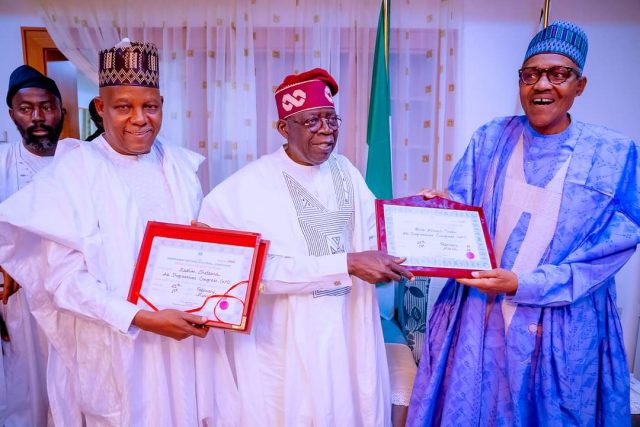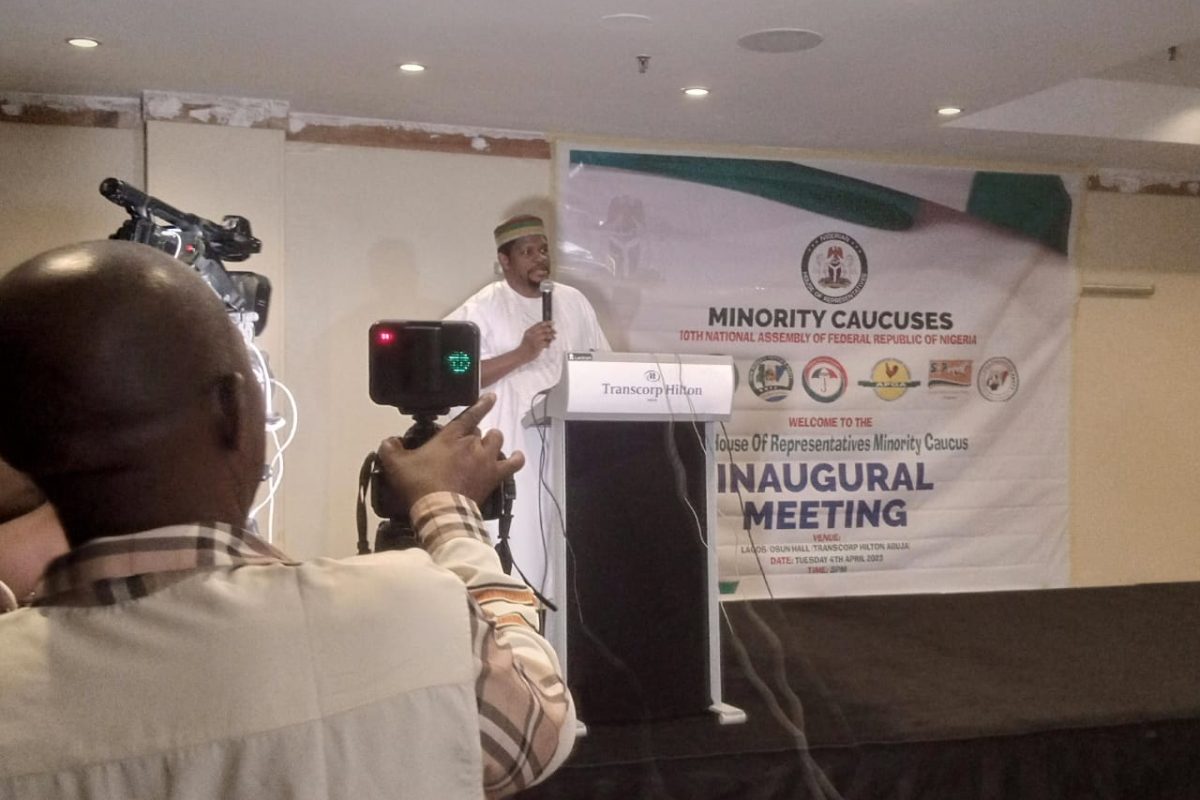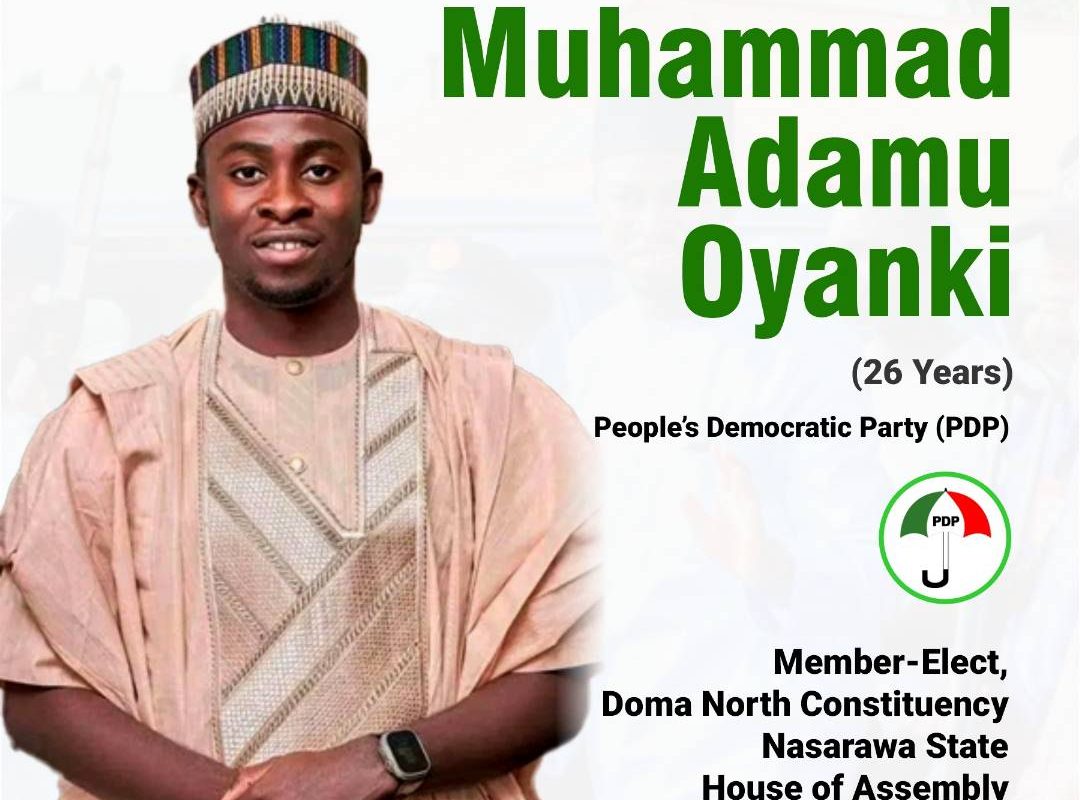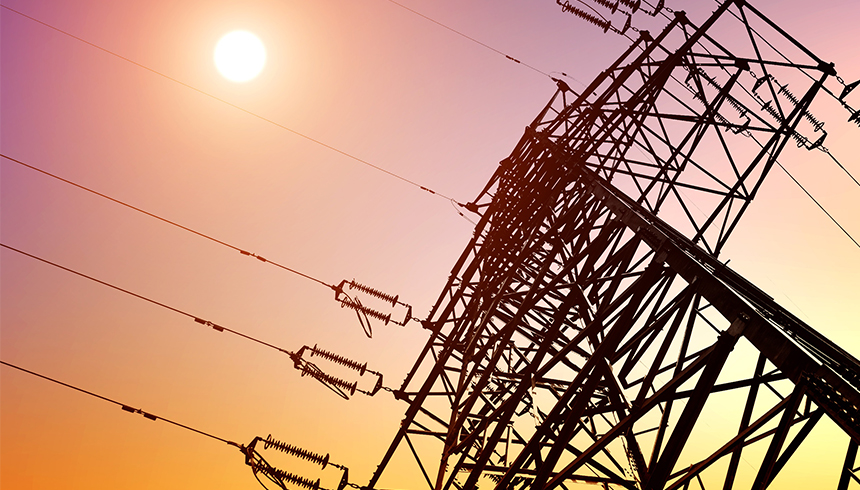Following the conclusion of the Nigerian Presidential and National Assembly Elections, Public Policy Advisor and Development Practitioner, Oke Epia examines public and foreign reactions to the polls
The Civic Tech Leader expresses concerns about the implications of the polls on democratic principles, institutions and structure in Nigeria.

On March 23 2015, an unprecedented presidential broadcast hit Nigeria’s airwaves directly from the Oval Office of the White House. President Barack Obama, steered in a steady stare at the camera, delivered a clinically orchestrated oratory to millions of Africa’s most populous country and the world’s biggest black nation.
This was five days before a historic vote: one in which Muhammadu Buhari, coupist and former military dictator, was squaring up against Goodluck Jonathan, a hard-pressed incumbent the ‘West’ wanted to be ousted. Ironically, while Buhari, the deodorised beneficiary of that historic ballot, has turned out arguably as Nigeria’s worst president on many fronts, Jonathan is unarguably regarded as the country’s most praised democrat.
In the two-and-half minutes’ speech, Obama neither spoke in support nor against either of the candidates. The undertone of his message however, was not lost on those familiar with the charged and conspiratorial build-up to the polls and the polemics of Nigeria’s ethno-religious politics. Some saw the address by POTUS as election meddling disguised as democracy peddling, but that mattered little as the world celebrated Nigeria’s first-ever flunking of an incumbent president by the political opposition.
It was inconsequential that Obama simply trod on populist propaganda to advance a foreign policy agenda. The administration had just pushed the boundaries of public diplomacy, and the outcome of that election appeared to justify the means.
READ ALSO: State Assembly Polls: OrderPaper releases Interim Statement on Accreditation/Voting Exercise
Fast forward to 2023. On the heels of his exit from office after eight years of a gruelling chokehold on the country, Buhari has midwifed a cataclysmic roll-back of the most significant democratic gain bequeathed by his predecessor – a free, fair and credible election. The 2023 presidential election that has just been concluded under his watch has been described by many as the worst since the fourth republic democratic journey began in 1999.
An election conducted under the auspices of a widely hailed reformed legal framework anchored on a legislated biometric fool-proof and electronic transmission of polling unit-level results and which held the greatest promise of a transparent outcome truly reflective of the electoral choices of citizens, turned out to become the front face of Buhari’s eight years fiasco as president. The former military general walked full back on his promise made at several world fora, including the United Nations General Assembly in September 2022, that he would leave behind a legacy of a free, fair and credible election. But the event of the February 25 Presidential and National Assembly election has left many with a damning verdict.
Majority of election observers and the media – local and foreign – who monitored events before, during, and in the immediate aftermath of the election reached the same conclusion: the process fell way below the bar of transparency and credibility expected of an exercise of that nature. As a consequence, Bola Tinubu, candidate of the ruling All Progressives Congress (APC), who was declared winner by the Independent National Electoral Commission (INEC) would have to deal with a legitimacy crisis.
READ ALSO: Nigeria: The movement, moment and manoeuvres of the 2023 elections | People-2-People
“Citizens were dissappointed with the electoral process, including those who supported the candidates who were declared winners,” wrote Ambassador Mark Green and Johnnie Carson, two top US diplomats, in an article published by the Woodrow Wilson Centre. It is instructive that both gentlemen were members of the Joint Observers Team of the International Republican Institute (IRI) and the National Democratic Institute (NDI) deployed for the disputed poll.
The outcome of the presidential ballot would now be fiercely but rightly contested at the court as both Peter Obi of the Labour Party and Atiku Abubakar of the Peoples’ Democratic Party (PDP) have set off what could be a historic judicial battle for the presidential mandate. Notwithstanding this staunch disagreement with the election process, there has been a hasty embrace of its outcome by some Western capitals that have congratulated Tinubu and expressed expectations of stronger foreign relations with the incoming administration.
While acknowledging that “many Nigerians and some of the parties have expressed frustration about the manner in which the process was conducted” and that “Nigerian officials had hoped new biometric voter identification technology would make the election cleanest yet, but malfunctions, long delays and slow results have fuelled the accusations of fraud,” a statement from the U.S. State Department still offered congratulations to Tinubu.
This position by the US government is said to have surprised observers of the country’s foreign policy on Africa. The influential Foreign Policy Magazine wrote that “the stark split screen in how independent election observers and the State Department responded to Nigeria’s election caused anger and backlash in Washington among other U.S. agencies and Congress, which criticised the State Department for being too quick to endorse an election victor just as opposition leaders were mounting legal challenges to contest the outcome.”
The paper continued: “As independent U.S. election observers raised alarm bells about widespread voting irregularities in Nigeria’s Feb. 25 presidential elections, the U.S. State Department was singing an entirely different tune, congratulating Bola Ahmed Tinubu as the electoral victor and hailing a “competitive election” that “represents a new period for Nigerian politics and democracy. The U.S. message to Tinubu, which acknowledged frustrations for Nigerians and shortcomings in the process, stands in sharp contrast to how the United States reacted to Kenya’s 2022 presidential election.
In that case, Washington waited until the Kenyan Supreme Court upheld the results of the election—nearly a full month later—before issuing a statement congratulating William Ruto on his win. Some experts believe that the U.S. tendency to quickly endorse election results, even despite legal challenges and credible allegations of voter irregularities, could erode trust in democratic institutions in nascent democracies in Africa and undermine the United States’ already shaky standing as the top defender of democracy worldwide.”
READ ALSO: Broken Promises, Breached Trust: Has INEC betrayed Nigeria?
The apparent disconnect between state officials and independent foreign policy observers calls for some introspection and interrogation of what informs U.S. relations with Africa and, indeed, the rest of the world. Like the U.S., much of western media reportage and commentary on the outcome of Nigeria’s presidential election tend to suggest some intrigues in the way officials at headquarters process intelligence from foreign missions. Or perhaps, the question should be on the nature and sources of the content that form the diplomatic despatches from the field.
As Green and Carlson advised in the article referenced above, it is perhaps time for US foreign policy toward Nigeria to “focus on proactively strengthening democracy and governance. To help reach this goal, our direct engagement with African leaders and citizens is important—not because we have it perfectly figured out, but because we know that democracies build better futures.
U.S. Policy towards Nigeria should consistently advocate for strong civil society involvement, fortify political parties, implement checks and balances on government officials, and establish strong legislative systems. The U.S. and other international partners must continue to support civil society and the institutions that support democratic principles, and in turn, strengthen democracy.”
This apt admonition should resonate across western capitals as they engage with Nigeria in the months and years ahead.
People-2-People (P2P) is a weekly column for ventilating thoughts on public diplomacy and advancing the values of equality, inclusion and diversity



